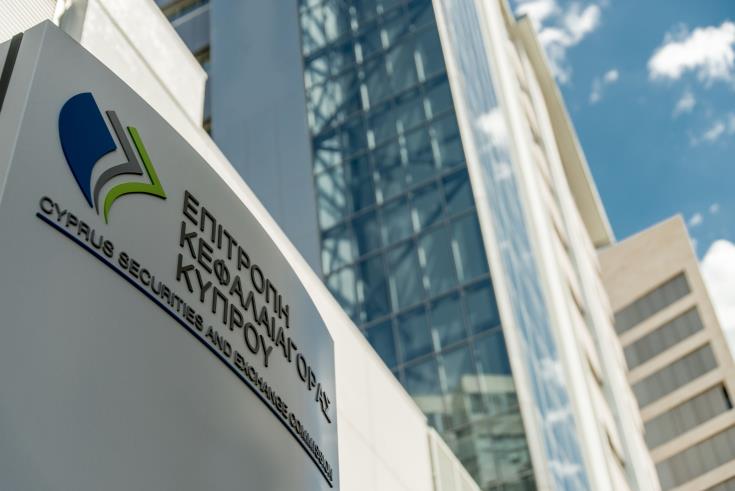
By Sandra Nebritova
The recent sanctions imposed on a number of Cypriot companies and individuals has cast yet another shadow on our beautiful island.
As reported previously, the sanctions have been imposed due to the alleged assistance in hiding and disguising the assets belonging to Russian oligarchs.
The reason why this particular case is so damaging to the reputation of Cyprus is that for many years the country has been positioning itself as a financial and services hub for the incorporation of companies, provision of nominee directors, shareholders and registered addresses, as extremely popular.
As the demand for such services was very high, corporate service providers were opening offices all over the island. All these companies will need to be very cautious now and perform a detailed investigation into their client base, as at any point, more sanctions can be imposed if there is even the slightest suspicion that sanctions regulations have been compromised.
While the sanctions have been imposed by the US and UK, but not the EU, this still does not really make a difference.
Funds that are kept in banks will be frozen, as financial institutions that have correspondent relationships with either of the countries will follow suit. Banks require access to other currencies and to be able to perform cross-border transactions, therefore the risk of losing a correspondent account in UK or US is just a way to the financial grave.
There has been a recent outcry from the employees of the sanctioned companies, about not receiving their wages and benefits that lawfully belong to them.
Asset freezes are created in order to prevent further enrichment of the sanctioned individuals, and not threaten the livelihood of associated individuals. However, certain investigations must be performed, and it will certainly take some time to unblock certain funds that are eligible for exception.
It should be noted that the Government of Cyprus did a good proactive move, by taking a decision to form a designated sanctions committee.
While this will not erase the public aftertaste from the imposition of sanctions, it still shows that Cyprus is ready to address the problem, work on it and resolve it.
Let’s hope things will start moving fast and there will be no further damage to the reputation of the country.
Sandra Nebritova is a Certified Anti-Money Laundering Specialist (CAMS)
This post was originally published on https://www.financialmirror.com/2023/05/14/curious-case-of-sanctions/







